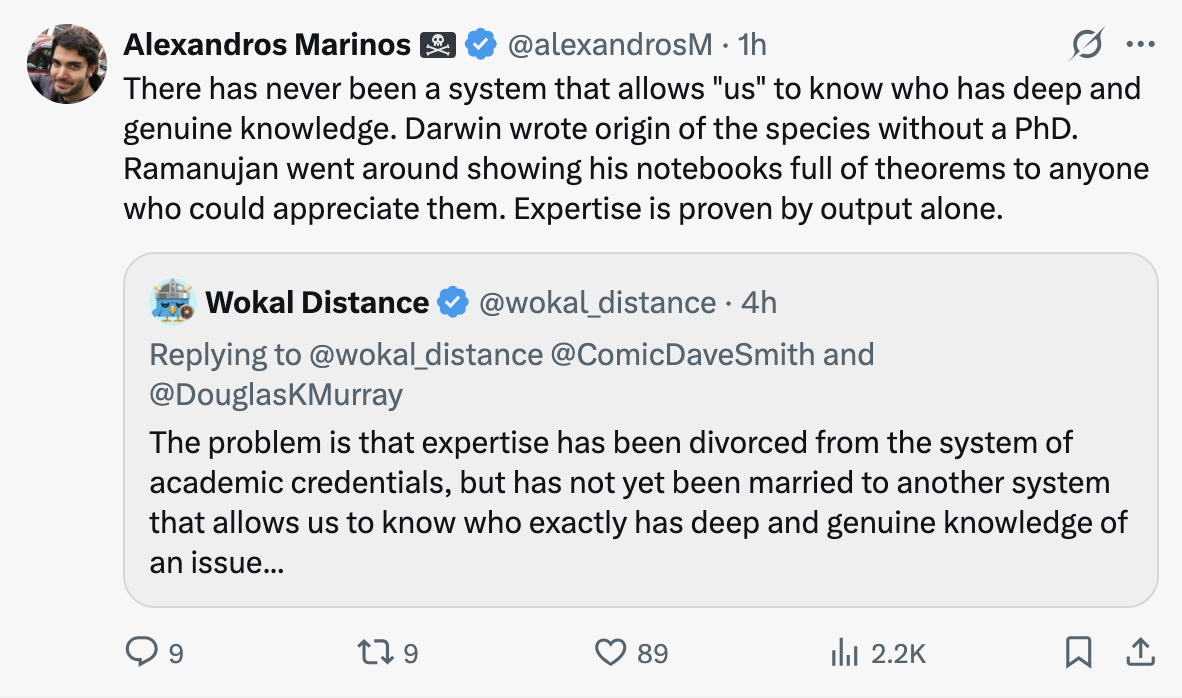Lost any friends for saying what you actually think? None of them have return even after the legacy news finally catches up with the truth.
Things like these:

Many more COVID lies here.
People addicted to legacy news insist that the above untruths were only mistakes, not lies. My response: if a expert in the field claims that they know something that they don't know, and that they know they don't know it, it is a lie.
"It's easier to fool people than to convince them that they have been fooled."
And in the meantime, I have met and befriended numerous courageous thinkers, those who say what they think regardless of the fact that we are surrounded by fact-police, opinion-police and language police.

It's sometimes disorienting, disappointing and hurtful, but eventually you will be part of a much improved social network: people who think for themselves rather than huddling with sheep, people run in tribes. Steve Kirsch and Brett Weinstein independently described this turnover of friends here.







